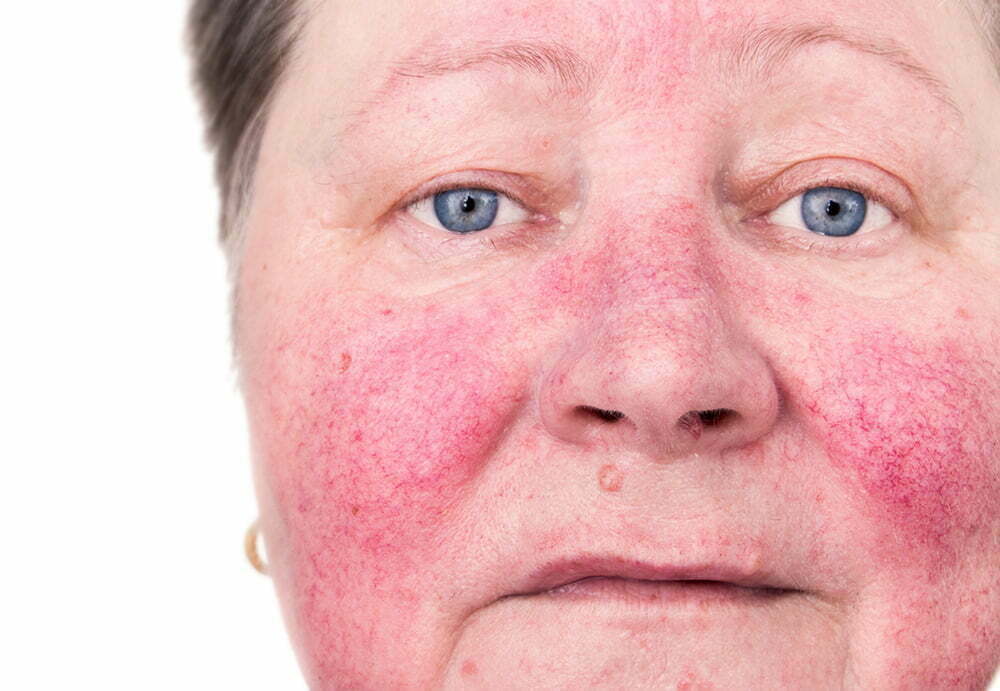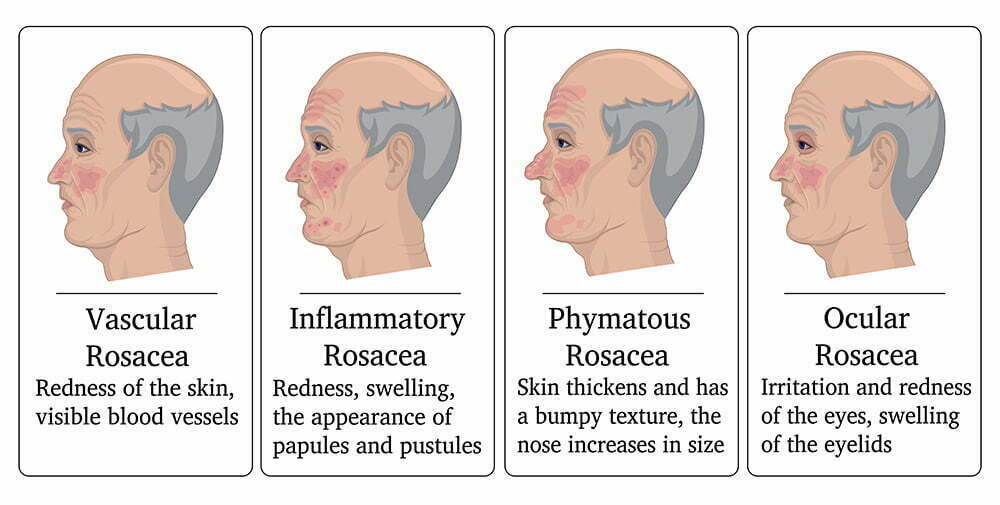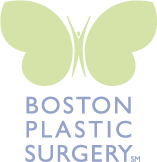5 Things to Know About Rosacea in Honor of Rosacea Awareness Month
Posted on April 22, 2019 | by Boston Plastic Surgery
Did you know that an estimated 415 million people around the world suffer from rosacea? April is Rosacea Awareness Month, and we wanted to take the opportunity to help educate patients about this uncomfortable and often embarrassing condition. Here are 5 things to know about rosacea.
1. No one really knows what causes rosacea
Despite the prevalence of this condition and progress we’ve made in learning how to treat the symptoms, no one knows the exact cause of rosacea—which is why it can be so tricky to treat long-term.
Many theories about the root cause of rosacea have been posed, including defects in the immune system or nervous system, or the presence of certain microbes. There is some evidence of genetic predisposition. Ongoing research is being performed in the hopes that understanding what’s behind the condition will help us better treat rosacea in the future.
2. It’s not just blushing
As those with rosacea know, this skin condition can have a serious impact on your confidence and ability to be carefree. For those who don’t have it, you may be wondering what the big deal is about a little “blushing.” The truth is, rosacea varies greatly from person to person and often comes with symptoms other than redness and blotchiness, including pimples and bumps, enlargement of the nose, and eye irritation.
Not all rosacea is the same. Here are the four main types of rosacea doctors see.

During a rosacea flare up, it’s hard to feel like yourself. Certain things can be camouflaged with makeup, but finding products that don’t exacerbate the flare-up can be tricky—and it’s near impossible to hide a irregular nodules on the skin or itchy, red eyes.
3. Rosacea sufferers have different triggers
As if having a chronic condition wasn’t frustrating enough, those with rosacea also have to learn what prompts flare-ups for them through trial and error.
While there are some common rosacea triggers—such as excessive sun exposure, stress, extreme weather, alcohol-based products, and skincare with fragrance—there is also wide diversity in terms of what is an irritant to each particular patient. Many triggers are also difficult to avoid, such as weather-related triggers or certain prescription medications.
Once a rosacea sufferer has a good grasp of what does or doesn’t inflame their skin, they then have to limit what they eat, what they do, and what products they use to avoid a flare-up.
4. Finding the right makeup and skincare products is a challenge
As you can imagine based on our last point, shopping for topical products is a hassle. Rosacea patients can’t simply pick up a multi-step skincare routine and call it a day.
In addition to opting for fragrance- and alcohol-free products developed for sensitive skin, rosacea sufferers must scour ingredient lists to ensure none of their particular triggers are included. Even “hypoallergenic” creams must be approached with caution. Additionally, there is always the risk that an unfamiliar ingredient could cause a flare-up.
Something as simple as forgetting to pack sunscreen on vacation can become a real problem—you can’t buy just any replacement SPF off the shelf.
New products must first be tested for safety on the area immediately surrounding your regular flare-up zone. In the end, rosacea patients often find they are best off choosing medical grade skincare.
All this means that something as simple as forgetting to pack your sunscreen on vacation can become a real problem (many SPF brands contain ingredients that aren’t safe for people with rosacea).
5. There’s no known cure for rosacea, but there are ways to manage it
Just because there isn’t currently a cure for this frustrating skin condition doesn’t mean you have to suffer every day. One of the best steps you can take if you think (or know!) you have rosacea is to work with a doctor to help identify triggers and ease symptoms long-term.
Early medical intervention using a combination of redness-relieving products and medical skin treatments can help save money over trying ineffective products and frustration over having yet another flare-up.
We understand how frustrating it is, and we’re here to help
At our Skin Wellness Center at Boston Plastic Surgery, we work with many patients hoping to calm their rosacea flare-ups and prevent future inflammation. Our experienced skin wellness team works under MD supervision to customize treatment plans for every patient—and in honor of Rosacea Awareness Month, we’re offering a special package. The Anti-Redness & Rosacea Treatment Package includes a series of three treatments and two full-sized ZO® medical-grade products to use at home for just $450.
Whether you want to take advantage of our Boston rosacea treatment special or start a conversation about managing rosacea, we would love to help. Contact us today to schedule a complimentary skin evaluation and consultation.
